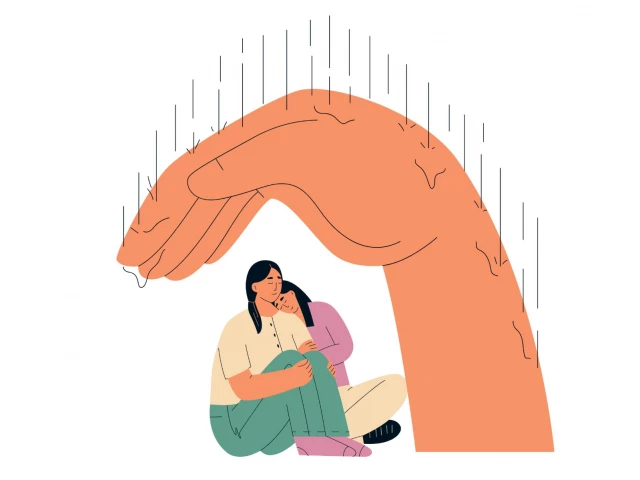Disclaimer: The following article discusses suicide and may contain distressing content
In Pakistan, suicide remains one of the most pressing yet least discussed public health challenges. Families whisper about it, neighbours speculate, and health workers hear stories from their communities. Through my own research across Islamabad Capital Territory, I have encountered the same pattern: stories are shared anecdotally, but rarely make their way into any official record. It is well-documented that suicides are misclassified, concealed, or simply go unreported, leaving our understanding based more on anecdote than evidence. With no national registry, no systematic surveillance, and little public space to discuss the issue, the true scale of suicide is unknown, hindering efforts to develop evidence informed prevention strategies.
Globally, the picture is clearer and sobering. In the recently published World Mental Health Today report, the World Health Organization (WHO) indicates that suicide is the second leading cause of death among young women aged 15-29, and the third among young men, accounting for nearly 8% of all deaths among young people globally. Men die by suicide at more than twice the rate of women, but women attempt more frequently. More than half (56%) of all suicides occur before the age of 50, and rates among those over 70 are more than twice those of middle-aged adults. These statistics remind us that suicide is not limited to one gender, class, or stage of life.
In response to this crisis, The World Health Organization and The International Association for Suicide Prevention have emphasized the urgent need to "change the narrative on suicide." We must remember that this is not just a slogan–it’s a necessity. In Pakistan, this means moving from silence, fear, and judgment to understanding, compassion, and action. Above all, it means recognizing that suicide is preventable.
While progress has been made in Pakistan, much more remains to be done. Legislative changes, such as the 2022 decriminalisation of attempted suicide, are important milestones, but they are not enough. Building effective systems and open conversations requires treating suicide as a public health issue rather than a personal failing. Efforts are underway to strengthen this approach. For example, the Health Services Academy and Sehat-e-Pakistan Research Foundation, under the Prime Minister’s Youth Program, are organizing specialized Mental Health First Aid Training for health professionals and frontline responders.
Equally important is leveraging community support, a deeply rooted strength of our culture. Families, friends, and neighbors can help by listening without judgment and avoiding moral or religious framings that deepen stigma, so that those struggling feel understood and supported. Community leaders, like imams, lady health workers, and teachers, who are trusted figures for many, can play an important role in shifting perceptions, encouraging dialogue, and guiding people toward professional help. Policymakers, intervention developers, and mental health specialists must also recognize the influence of these non-specialists and provide them with the training and resources they need to support their communities. For instance, in my own research, persons with lived experience have highlighted how imams can be educated about the warning signs of suicide and subsequently, use their khutbahs (religious sermons) to raise awareness and promote early identification and timely support.
The media also carries responsibility, especially in an age where everything is just a click away. How suicide is reported can either reduce stigma or reinforce it. A study examining Pakistan’s media coverage of suicide deaths against the WHO’s international guidelines for responsible reporting on suicide found very low adherence. Responsible reporting avoids sensationalism, respects privacy, does not describe the methods used, and always includes information on where to seek help.
Pakistan must move beyond whispers and anecdotes. Through judgment-free listening, mobilizing community leaders, and responsible reporting, we can change the narrative on suicide and, in doing so, save lives.
Help is available if you or someone you know is struggling with suicidal thoughts or mental health matters. Reaching out to someone about your feelings and thoughts can be lifesaving. In Pakistan, these free and confidential resources are available:
- Taskeen Helpline: Call 0316-8275336 from Monday to Saturday between 11 AM and 11 PM or access their 24/7 chatbot for confidential support. Free online distress or well-being screenings can also be booked through the helpline, chatbot, or WhatsApp.
- TeleTabeeb: Dial 1123 at any time to connect with experienced professionals for a mental health consultation.



COMMENTS (2)
Comments are moderated and generally will be posted if they are on-topic and not abusive.
For more information, please see our Comments FAQ